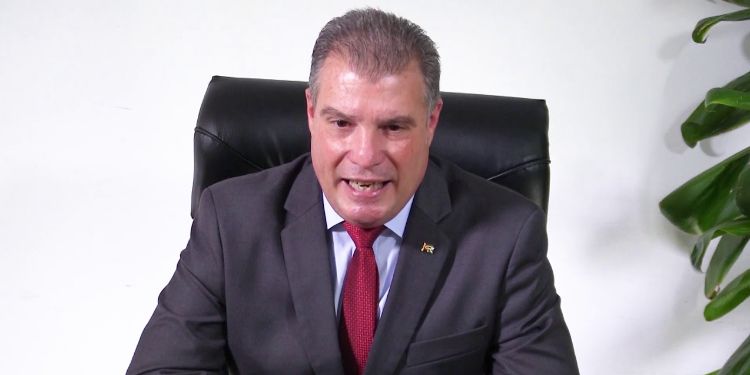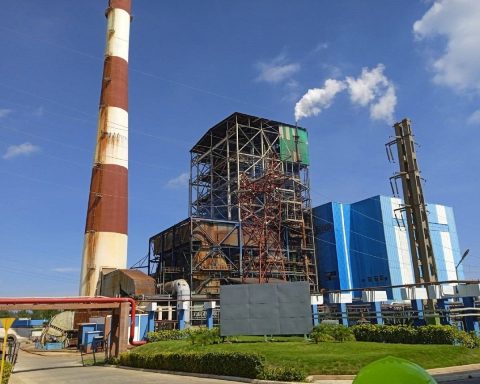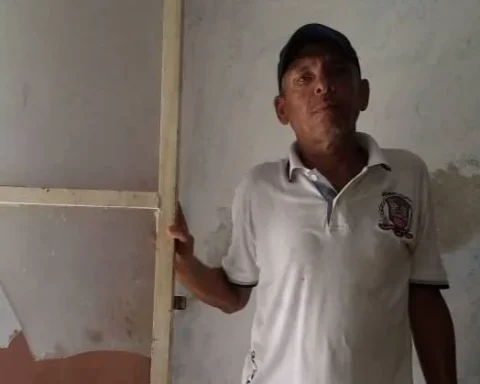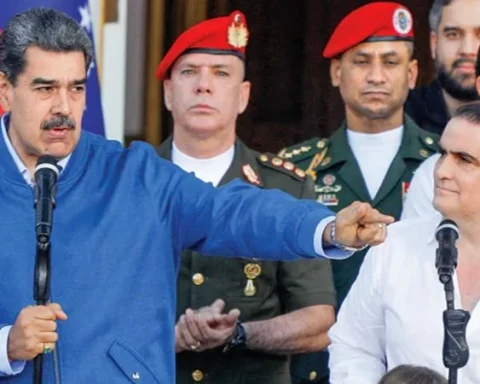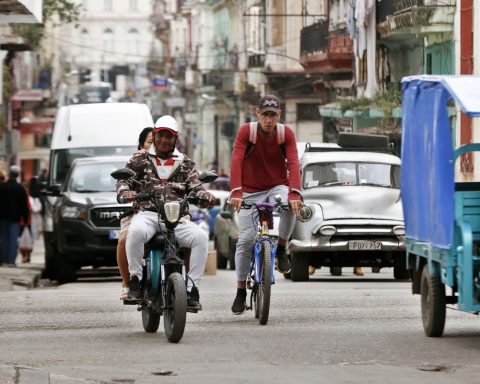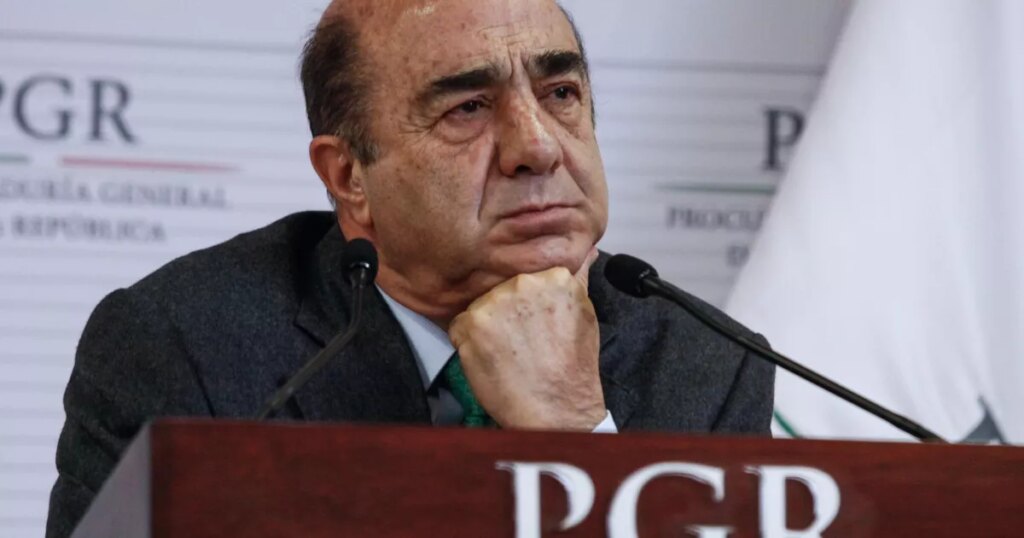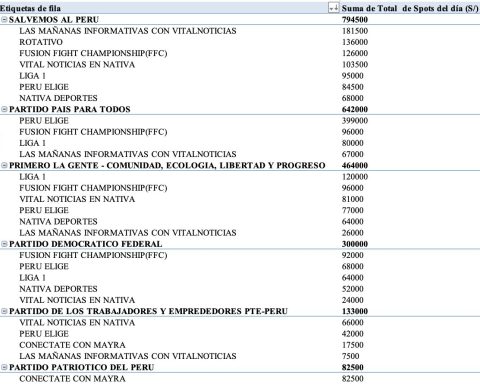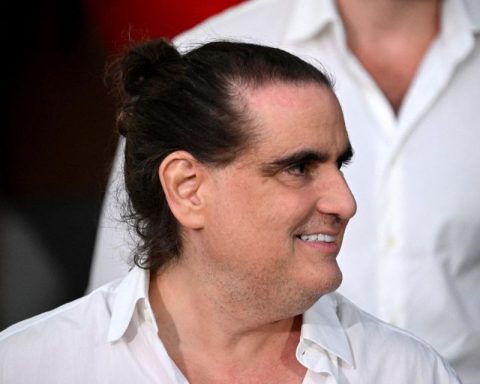MIAMI, United States. – Cuba’s Minister of Tourism, Juan Carlos García Granda, stated during the world fair World Travel Market held in London, that blackouts in Cuba would not hurt the tourism sector.
As reported by the news agency EFEthis official stated that his government was working “very hard” to find solutions to the matter of the electrical blackouts, but that these did not hurt tourism.
“The private and state network in charge of tourism activity is prepared for energy contingencies by means of emergency generators and photovoltaic cells, because we also have environmental objectives,” he added.
García Granda indicated that tourism’s mission in Cuba is to attract more visitors in order to generate income and revive the economy.
“Tourism works for reactivating the thermoelectric plants, for purchasing more food products, for giving more raw materials to producers, for granting people in general more comfort and a better quality of life,” he stated.
During the same press conference, the Cuban minister revealed that the government of the island hoped to welcome close to 3 million visitors in 2023, and that the sector’s priority was “to recover the highest number of visitors” following the pandemic.
In spite of García Granda’s optimism, last week, the Minister of Economy and Planning, Alejandro Gil, admitted that the Cuban government will not meet the goal of welcoming 2.5 million international visitors in 2022 as projected.
Gil stated that “it is estimated that the year will close with 1,710,000 visitors welcomed, a number that is lower than the 2.5 million” projected in the Plan for the Economy, which represents a drop of 32% from the numbers projected.
According to official data, this year to date Cuba has welcomed 1.2 million visitors. That number could reach 1.7 million by the end of December, a number that is much lower than the 4.5 million welcomed prior to the health crisis that resulted from COVID-19.
In spite of the serious crisis that the country is facing, the regime continues to opt for raising the level of the tourism industry. Recently, it was revealed that Cubasol entrepreneurial group, which belongs to the Ministry of Tourism (MINTUR, by its Spanish acronym), was planning new investments in order to strengthen the non-hotel infrastructure on the island until 2030, including the golf establishment courses.
Also, the Cuban government has not halted construction of new hotels or the expansion of existing ones. During the worldwide economic crisis caused by the pandemic, and the internal shortages caused by the mismanagement of the economy on the part of the Communist Party, construction of new hotels has not stopped, as stated in a report published by CubaNet in early June of this year.
In the meantime, the Cuban people suffer blackouts that can last 12 hours a day. The electric shortages due to breakage and malfunction of the obsolete Cuban thermoelectric plants, the lack of fuel and scheduled maintenance have been customary throughout the island in recent months.
Although the Cuban government announced in September that it had every intention of reducing the number of blackouts before the end of 2022 with repairs and new investments, the island’s situation has not improved.
Receive information from CubaNet on your cell phone through WhatsApp. Send us a message with the word “CUBA” on the phone +1 (786) 316-2072, You can also subscribe to our electronic newsletter by giving click here.
